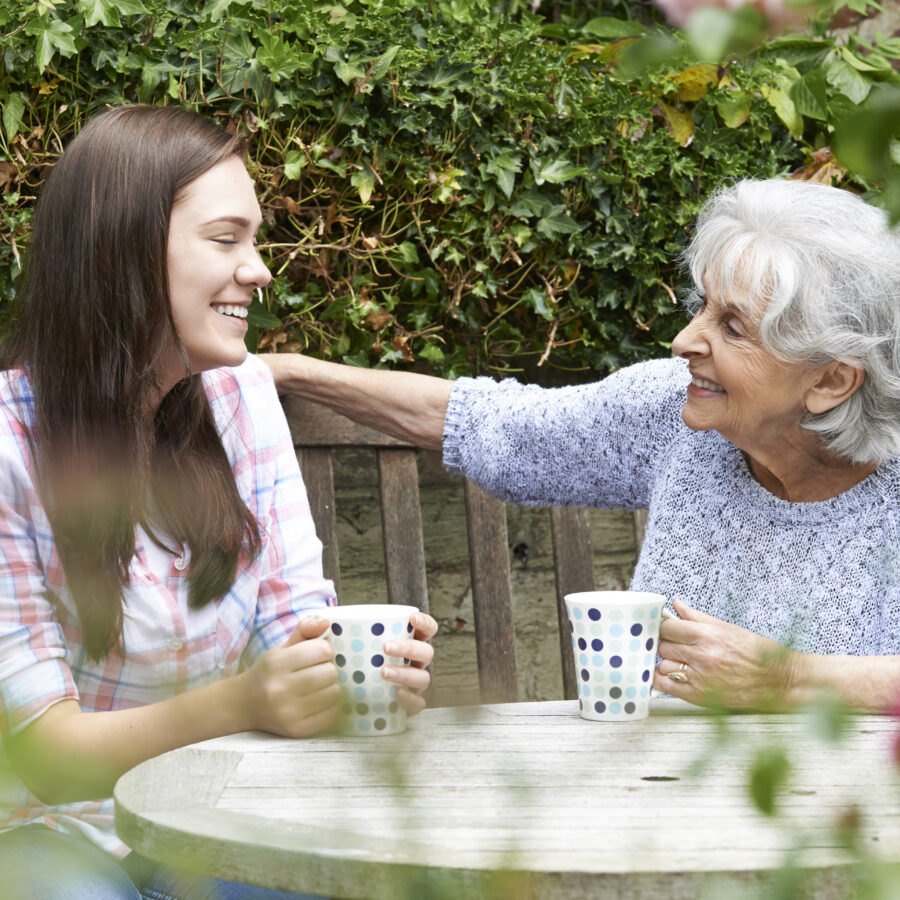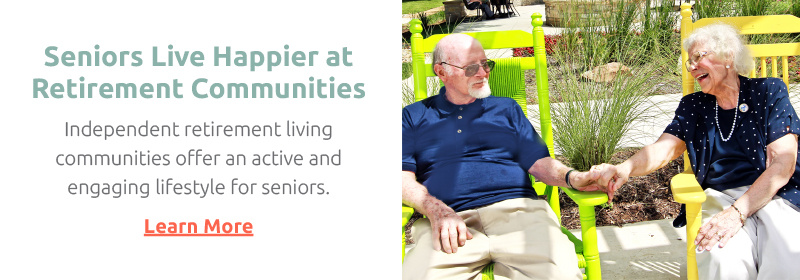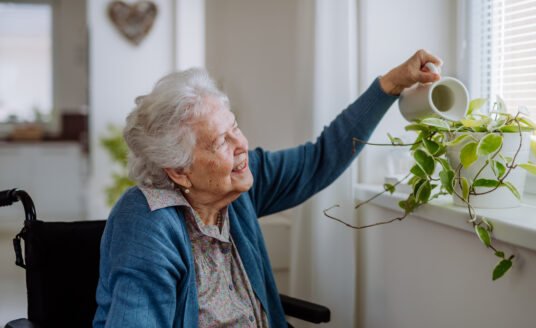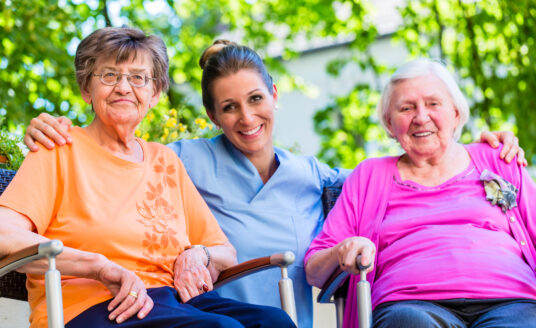Connecting young people with their senior counterparts can be extremely beneficial in fostering an understanding between the two generations and helping to promote intergenerational friendships. Ultimately, the benefits for connecting these two groups will include:
- Strengthening the community
- Encouraging positive exchanges between the generations
- Boosting confidence and self-esteem
- Reducing depression and loneliness
AGEISM AFFECTS EVERYONE
Ageism, or discrimination based on age, affects seniors more than any other age group. In both daily life (including interactions with their peers) and the media, they are mocked for having “senior moments,” which could include lapses in memory or physical deterioration.
Further, children may feel frightened by seniors, who look very different from people they are used to being around. In addition, adults may be reminded that they too will age – a concept that might not sit well with them.
Young people can also be faced with ageism in a different way, as seniors may see them as haughty and disrespectful. This most often occurs when both groups fail to effectively communicate. Young people might perceive a reaction from a senior as “lecturing,” while seniors perceive it as offering valuable advice.
THE BENEFITS OF INTERGENERATIONAL PROGRAMS
To say that one generation cannot understand the other is simply not true! In fact, each has much to learn from the other. Intergenerational programs bring these two age groups together to participate in activities and cultural exchanges. By requiring socialization during the programs, both groups can help each other:
- Understand and embrace their similarities and differences
- Encourage learning about each other
Strengthening Bonds through Mutual Understanding
With increased communication between the two groups, stereotypes are pushed aside and both feel less alienated and more comfortable interacting. And as a result, young people will be more likely to take greater care and treat their senior loved ones with more respect.
Encourage Learning through Mentoring
Despite popular misconceptions, seniors are capable of learning new skills. By interacting with and learning from youth, they can have a better grasp on new technologies and expand skills they already have. This can be one of the additional benefits of intergenerational programs.
Seniors can also mentor younger people, which can give the senior a sense of purpose and accomplishment. Young people who have positive role models in their lives have a positive self-image and are less likely to drop out of school. Being taught by a member of the older generation can help children develop greater comprehension and empathy skills.
Learn more about getting seniors connected with others on Bethesda’s blog!




